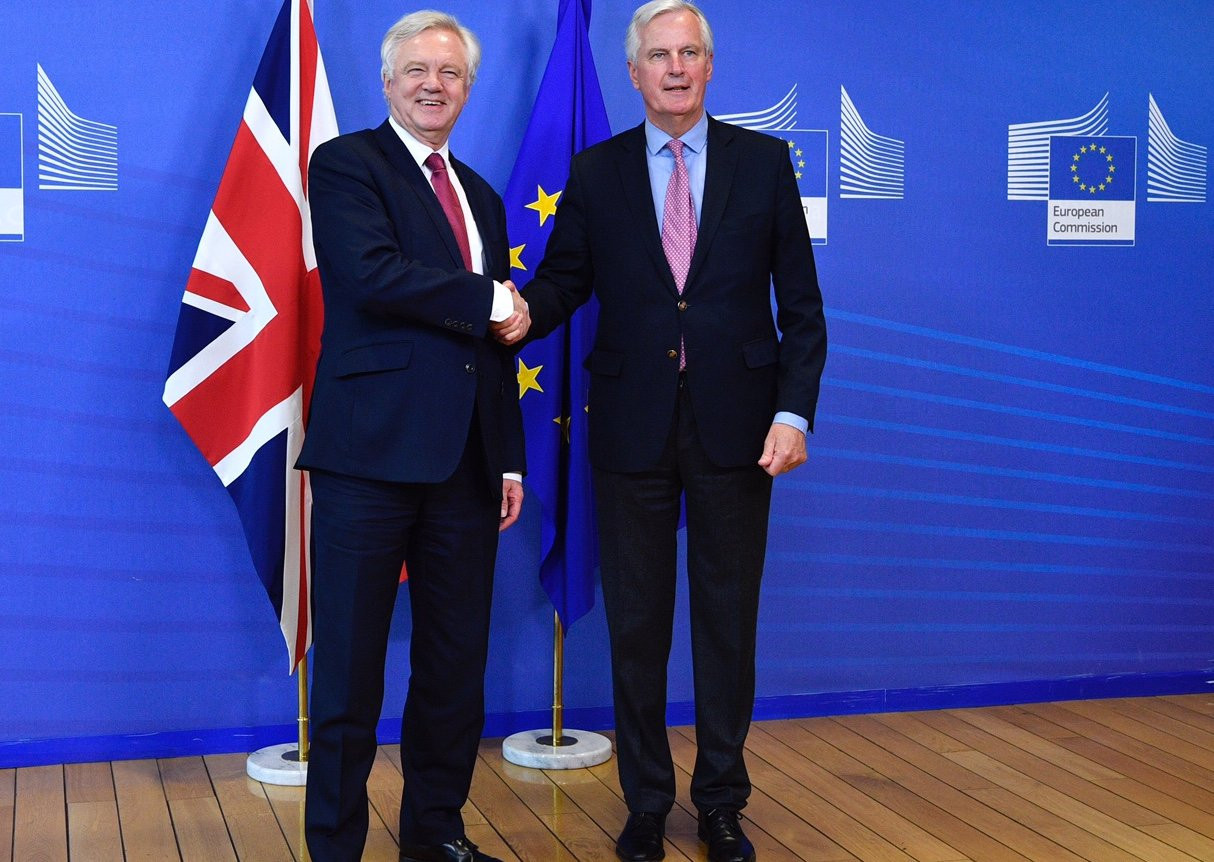On Monday 19 June, Michel Barnier, European chief negotiator for Brexit, and the British secretary of state for exiting the European Union, David Davis, started the discussions in Brussels.
The BBC's Europe editor Katya Adler said the opening session would focus on basic issues of procedure such as how often the two men and their teams will meet and in what order items will be discussed.
Apart from that, the opening of negotiations focused on:
- issues related to citizens' rights
- the financial settlement
- the Northern Irish border
- other separation issues
“While there is a long road ahead, our destination is clear—a deep and special partnership between the UK and the EU. A deal like no other in history. I look forward to beginning work on that new future today.”
Barnier said:
“We must first tackle the uncertainties caused by Brexit - first, for citizens but also for the beneficiaries of EU policies and for the impact on borders, in particular Ireland."
Several EU foreign affairs ministers called for speedy discussions. Jean Asselborn, Luxembourg’s foreign affairs minister said:
“It’s been a year since the referendum. Time is running out. This is a major event, and it’s not about negotiating peanuts.” The EU treaties have set a timeline of two years for the exit, which means that at the end of March 2019, the UK will leave the EU. This must be taken into account, according to Asselborn. He thought that this first round of negotiations would be about getting a feel for each other.
The Austrian foreign minister Sebastian Kurz added: “One cannot prolong indefinitely the state we’re in; Brexit must be dealt with.” He stated that he would favour a solution which would make it less appealing to be outside than inside the EU.
